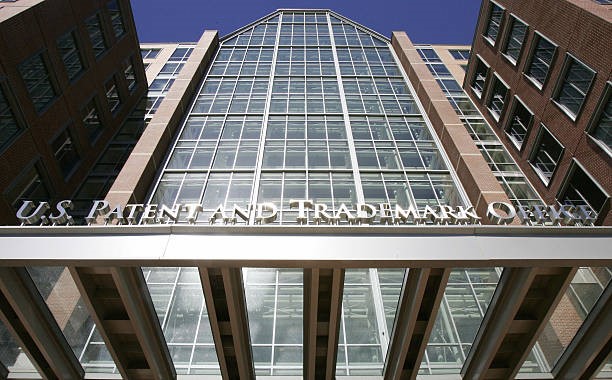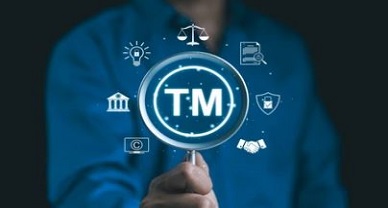The Everlasting Trademark Battle of USPTO
With growing businesses atmosphere and more strong due diligence in terms of getting aware of their rights, there has been a huge influx in registering of their IP assets. Talking about the United States Patent and Trademark Office (USPTO), the businesses are more into getting a US trademark registration due to its more relevance. The recent trends have seen an increase in the filing of trademark applications by various proprietors. The pandemic has largely shifted the core business area to an online system where the physical meet has now been close to negligible. And with such an online presence the businesses are now largely into registering their trademark at the USPTO, which has increased the trend of filing the same, as compared to a recent year. As of June 17, 2021, the trademark filing has seen an increase of 63% from the previous year, from both US and foreign applicants, at the USPTO.
Change in Trends
With such an increase in the filing of the trademark, the investigative task has been expanded by the USPTO to improve the quality and fraud that is generally visible when it comes to brand management. For application with the over-inclusive recitation of goods and services, penalties may be imposed, where the third-party challenge has been provided to such application through the new proposed rules. Trademarks are important because of their importance in terms of brand management and hence a delay in any process might result in loss of income. Therefore, the process of any such prosecution time of pending trademark application must be quicker.
Undoubtedly with the increase in the trademark filing, there has also been an increase in the fraudulent submission of the application where there has been an increase in the inaccurate and fraudulent filing. There are also instances where the foreign applicant has been wrongly advised that the US registered trademark helps in gaining the priority position at the e-commerce platform. This has eventually resulted in getting along with the fraudulent and improper trademark filings. The Trademark Modernization Act of 2020 came into force in December 2020 in the US bringing some of the substantial changes in the Lanham Act hoping to better protect the consumer from the confusion with regards to the source of the goods and service.
With expanding the investigative task, the USPTO has been scrutinizing such activities at a large scale. As mentioned, the Trademark Modernization Act of 2020 has worked for curbing such activities. Let us look into some of the effective changes brought by the Act.
[Image Source: gettyimages]
The Trademark Modernization Act
This act gives the freedom to the third party to submit evidence while the examination of the Trademark application, bearing the registrability of the subject mark, is going on. Evidence with regards to the use of the mark is false or inaccurate can be submitted by the third party.
Also, any person can file a petition to re-examine the mark again making the non-use of the mark as the ground, which will make the USPTO re-examine the mark. This option is available to any person before 5 years of registration. A much important move was that the party will not be required to prove their standing in either the expungement or re-examination proceeding. Instead, any person can initiate expungement or re-examination proceedings by submitting a petition to the Director of the USPTO that sets forth evidence or testimony establishing a prima facie case of non-use of a mark in commerce as of the “relevant date.” The Act requires that the petitioner supply evidence of a reasonable investigation as part of the petition to the Director. While the Act does not currently specify what constitutes a “reasonable investigation,” the Act charges the Director with creating regulations that (1) define what constitutes a reasonable investigation, and (2) identify the types of evidence that establish a prima facie case. (https://advertisinglaw.foxrothschild.com/2021/01/the-trademark-modernization-act-of-2020-is-enacted/)
In the US, the applicant must use the mark in interstate commerce before qualifying for the registration. The practice of not using the mark has seen a significant rise in the number of registrations issued. The act comes up intending to significantly reduce the number of registration that falsely claims the trademark use in the interstate. This Act provides the procedures to review and cancel registrations in an expeditious manner. Any third person can file a petition of expungement making the non-use of the mark as the ground. This act provides some of the very important provisions for the betterment of the trademark owner as well as for the third person initiating challenge against the trademark non-use. Providing with the procedures for the expungement and re-examination will prove to be very useful for those who claim any such false use of the trademark.
Author: Saransh Chaturvedi an associate at IP And Legal Filings, in case of any queries please contact/write back us at support@ipandlegalfilings.com.




